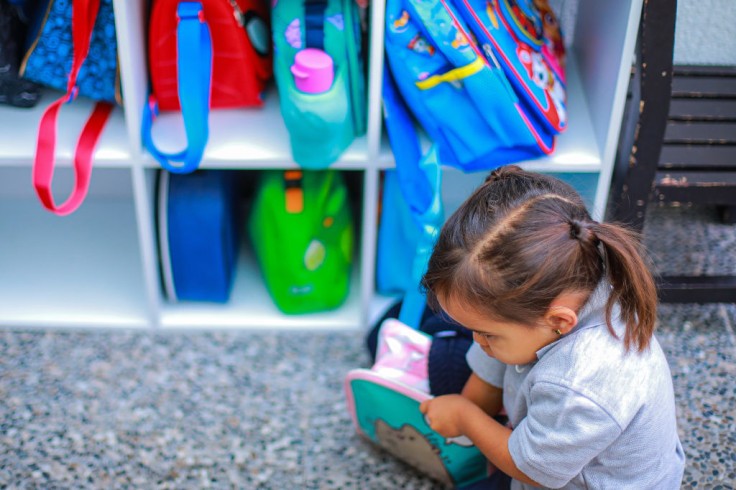
Emergency situations can arise suddenly and without warning, and it's crucial for parents to be prepared. When it comes to safety and well-being, there's nothing a parent wouldn't do to ensure their child's protection.
This guide dives deep into the principles of emergency preparedness for parents, equipping you with comprehensive strategies and actionable insights to ensure your family's safety and resilience.
Why Is Emergency Preparedness for Parents Essential?
As a parent, your primary responsibility is to keep your children safe. During an emergency, be it natural or man-made, children often look to their parents for guidance and reassurance. Being prepared not only helps protect your family, but it also reduces panic, helps make informed decisions, and may even reduce the time it takes to recover from the aftermath.
Steps to Ensure Preparedness
Know the Risks: Different regions are susceptible to different types of emergencies. Some might be prone to hurricanes, while others might face earthquakes or wildfires. Understand the potential threats in your area.
Family Communication Plan: Ensure that everyone in the family knows how to get in touch with each other. This includes memorizing important phone numbers and setting up a designated meeting spot if you're separated.
Create an Emergency Kit: This kit should include essentials like water, non-perishable food items, first aid supplies, important documents, a flashlight, batteries, and any specific items that cater to the needs of your children (such as baby formula or medications).
Educate and Involve Your Children: Make emergency preparedness a family activity. Teach them basic safety tips and what to do during specific emergencies. For example, "Drop, Cover, and Hold On" during an earthquake.
Regularly Update and Practice: The key to successful emergency preparedness for parents is consistency. Revisit your plan and kit periodically. As children grow, their needs change. Ensure that your preparations reflect these changes.
How Families Can Prepare for Emergencies Together
Home Safety Measures: Ensure that your home is equipped with smoke alarms, carbon monoxide detectors, and fire extinguishers. Teach children how and when to call emergency services.
Evacuation Plans: Designate safe routes from your home and practice evacuation drills. This familiarizes children with the process, reducing panic during an actual emergency.
Digital Preparedness: In today's digital age, keeping electronic copies of important documents, such as birth certificates and medical records, can be beneficial. Store them in a secure cloud or on a USB drive in your emergency kit.
Special Needs and Considerations: Cater to the unique needs of your family. If a family member has a disability or a chronic illness, ensure that their specific requirements are addressed in your emergency plans and kits.
Community Involvement: Engage with your community's emergency response teams. Participate in community drills and training programs. Being connected gives you access to resources and support during emergencies.
Emergencies can be unpredictable, but your response to them doesn't have to be. With the right knowledge, resources, and consistent practice, you can ensure that your family is prepared to face any situation.
The key takeaway for emergency Preparedness for parents is the importance of foresight, planning, and consistent action. As the saying goes, "It's better to be safe than sorry." Ensure that you're taking the necessary steps today to safeguard your family's tomorrow.
Remember, it's not about inducing fear but rather empowering yourself and your loved ones with the knowledge and tools to face unforeseen challenges.
As parents, the safety of our children is paramount. Therefore, we must be proactive, not reactive, when it comes to preparing for emergencies. This way, when faced with an emergency, we can be confident in our preparedness and focus on guiding our families safely through the situation.